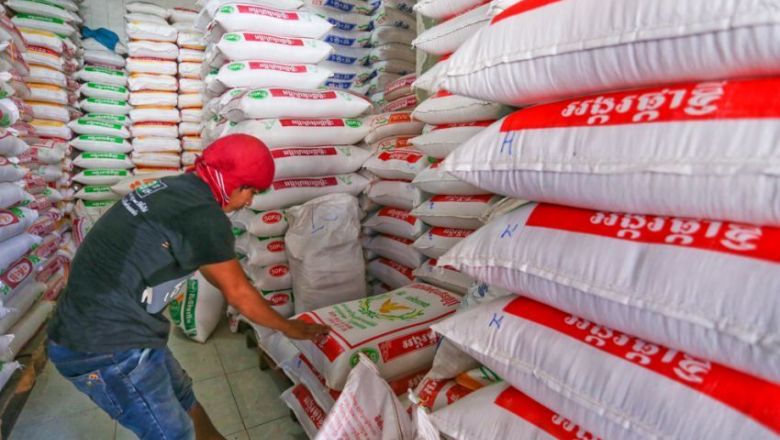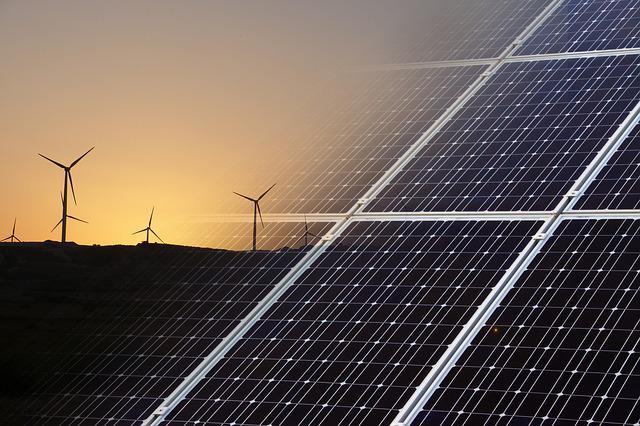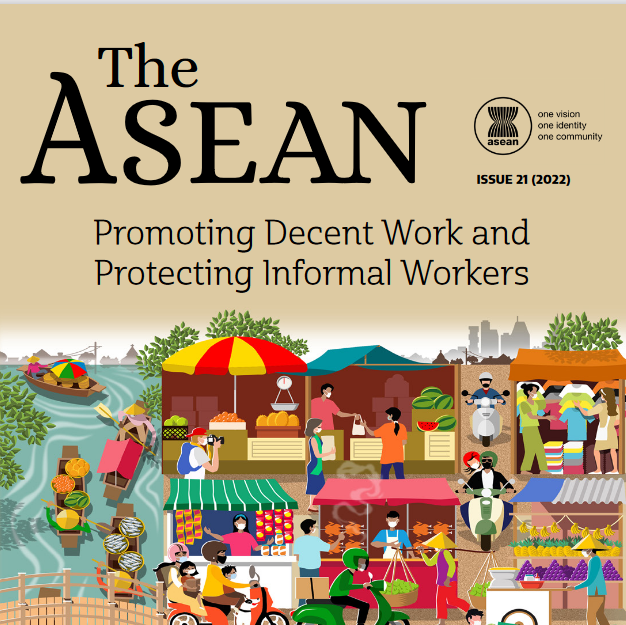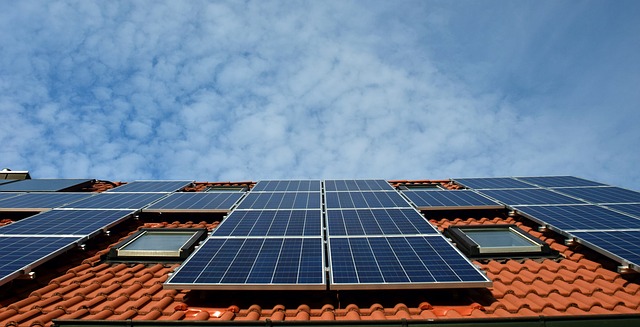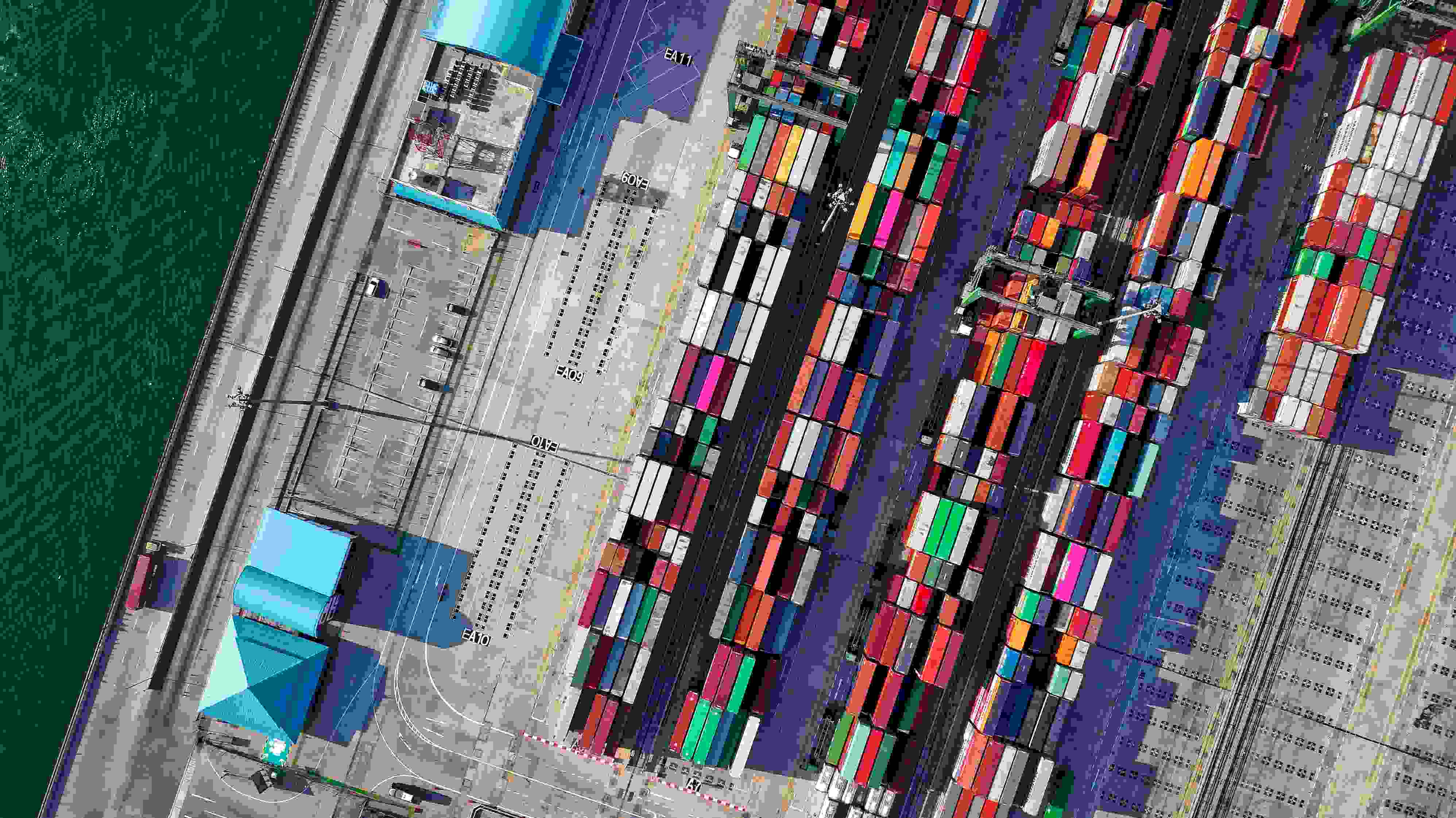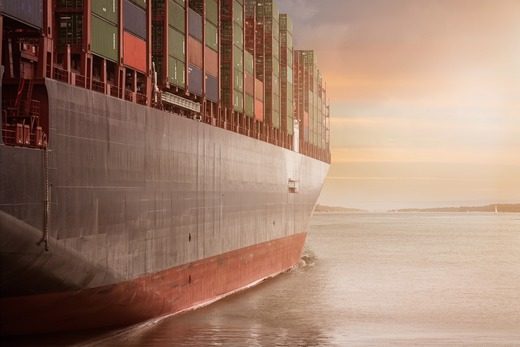WHILE cost is an oft-cited barrier for firms looking to adopt greener solutions, industry watchers and officials say the pursuit of sustainability can bring companies new opportunities and ultimately, more business.
For marine project management firm Sea Forrest, which developed the first hybrid sea vessel in Singapore, one way to work around the higher price tag of green solutions is to source for its own parts to develop its own equipment.
"The way we do it has been not to take a full solution directly from overseas," Sea Forrest chief executive George Lee told The Business Times, adding that most of these solutions are of European origin and are "pretty expensive".
"What we do is that we take components and we build a system around the components, and how we are now driving the costs is that we're going to concentrate on the more important portion of the system and we're trying to duplicate those systems and try to mass produce," he said.
Lee said the team then standardised its motors, controllers and battery systems before going for a bulk purchase from the vendor, which would qualify them for bigger discounts.
For example, Sea Forrest was able to create a device that can safely install swoppable batteries onboard a moving vessel for wireless charging to the tune of about S$40,000, a fraction of a more sophisticated Norwegian system that costs S$2 million.
"Theirs is an articulated arm - it's a robotic arm, looks high class and very futuristic. Mine is not," he said with a laugh. "It doesn't look very nice, it still looks very primitive, but it works, and it also allows for wireless charging."
Most of the time, the high costs of sustainable solutions stem from development costs, said Lee, but ongoing supply chain constraints are also driving up the prices of major components, making them more expensive to build and deliver.
This is further exacerbated by growing competition from electric vehicle (EV) makers, who are in the market for largely the same components.
There are also other potential costs to consider, Lee said, such as that for crew training, maintenance and infrastructure.
Still, companies pursuing sustainability can generate greater value over time, despite the upfront costs, said Geoffrey Yeo, assistant chief executive officer for urban solutions, sustainability and enterprise finance at Enterprise Singapore (Enterprise SG).
"For instance, enterprises that aim to reduce carbon emissions can start by improving their energy efficiency, which will result in significant cost savings over time," he said.
"Enterprises will also benefit from their sustainability efforts in various ways, such as better engagement with customers, employees and other stakeholders, which can yield further business opportunities," he added.
Companies can start their sustainability journey by examining projects that generate financial returns over the longer term, said Yeo.
"For projects that may not yield clear financial returns, companies can set aside a budget to pursue such efforts each year, focusing on areas that are most relevant for their business," he said.
Above the topline
Patrick Lim, executive director and chief operating officer of BH Global, the technology group that Sea Forrest is a subsidiary of, believes the benefits of going green are intangible for the marine industry.
"When vessel owners invest in sustainability, we cannot talk to them about return on investment because it's not going to happen. The amount of money they invest and the amount of fuel savings are not going to cover that investment," he said.
Instead, the focus should be on how being green can help companies gain more business, he said.
Port authorities can do their part to encourage this, Lim added, such as, for example, giving greener ships priority at Jurong Port or other incentives.
It could take years to develop adequate charging infrastructure or for clean sources of marine fuel like hydrogen and ammonia to mature, said Lim, but in the meantime, electrification is the way to go to help reduce emissions, an urgent mission as the climate crisis deepens.
He added: "Ammonia is a solution, we know, maybe in the future, but what are we going to do now? Are we going to wait 3 years to do the research until the technology is mature? Or do we want to do step changes, start doing something and contribute to sustainability now?"
Making the commitment to go green as early as possible allows companies to reap a "first mover's advantage", said sustainability consultants.
Mapping a net-zero roadmap and holistically considering environmental, social and governance (ESG) aspects would lead to better risk management and future-proofing, said Sharad Somani, head of infrastructure advisory and partner at KPMG in Singapore.
An immediate benefit could also be in the form of tapping on various green schemes of the government, accessing sustainable finance and raising green capital, he said.
"By becoming an early mover in the green space, companies can proactively also start looking at newer business opportunities in the low carbon technology space which can lead to further strengthening the business model," he added.
This is also where sustainability can bring new opportunities to firms, said watchers.
"Being sustainable can enable companies to differentiate themselves from competitors, reduce business risks, and improve cost efficiency. Companies can also gain by developing green products, services and solutions to capture new demand in the green economy," said Enterprise SG's Yeo.
He added that the adoption of sustainability standards can provide businesses with greater transparency and trust in their products, services and practices.
"As sustainability demand increases globally, sustainability standards will be important particularly for companies that export their goods and services, operate in overseas markets, or work with MNCs (multinational corporations)," he said.
This is likely to matter more in the coming days - and years - as the sustainability agenda becomes increasingly important for firms that want to stay ahead of competition.
Existential need
According to a March 2021 report by the Energy & Climate Intelligence Unit co-authored by researchers from the University of Oxford, 21 per cent of the 2,000 largest companies in the world have set a target to hit net zero by mid-century, just a few years after interest in net zero really took off.
Multinationals are increasingly under consumer, regulatory and investor pressure to report and manage their emissions across their full supply chain, an exercise that carries "significant economic implications", said Konstantinos Dimitriou, EY-Parthenon associate partner.
Noting that the implications for small and medium enterprises (SME) across the supply chain are significant, Dimitriou said: "We are already seeing very significant pressures on ESG standards for large resource, logistics and energy value chain players in the region, and those pressures will cascade to all SME service and goods providers in these supply chains."
SMEs that do not accept the reality of this trend risk being dropped from supply chains pointed towards developed markets, he said. Opportunities may still exist for them in less developed markets, but competition will be fierce, with customers that are very price sensitive and a higher cost of capital.
With most credible businesses and financial institutions committed to a net zero target by 2030, the runaway isn't long for SMEs to "get their act together", said KPMG's Somani.
Yvonne Zhang, risk advisory climate and sustainability leader at Deloitte South-east Asia, said while many SMEs in Singapore are "naturally striving to be more sustainable" - in terms of sourcing locally and minimising waste and packaging - "their continued survival is pegged to generating positive impact for a wide range of stakeholders, significantly more so than bigger entities that can rely on economy of scale and insist on shareholder value tunnel vision".
"SMEs often lack a clear understanding of how to quantify and articulate their impact, this in turn may curtail their ability to access financing resources, distinguish themselves from competition or hire quality workforce," said Zhang.
She added that the existential threat to SMEs is thus not so much the sustainability of their business practices but their business model and ability to control pricing.
A 2022 survey by PwC also showed that while over 7 in 10 family business owners expect to be involved in increasing their business' focus on investments for sustainability in the future, only 28 per cent are doing this now.
But Fang Eu-Lin, sustainability and climate change leader at PwC Singapore, credited government programmes for helping SMES to develop their knowledge and capabilities.
"This includes support to help them seize opportunities and manage challenges like transitional risks," she said.
Green resources
Examples of such support include Enterprise SG's Enterprise Sustainability Programme, which provides assistance for businesses at different stages of their sustainability journey.
Enterprise SG's Yeo said those starting out can attend subsidised training courses aimed at helping business leaders learn about sustainability and provide a foundation for them to take further steps.
The 2-3 day courses were developed with Global Compact Network Singapore, PwC Singapore and Singapore Environment Council, and they cover sustainability trends, risks and opportunities, as well as concepts and topics such as decarbonisation, circular economy, sustainability reporting and carbon management.
Firms that are ready can also receive further support to build their capabilities in sustainability and embark on product development projects, said Yeo.
The programme offers support to SMEs taking up projects in areas such as sustainability strategy development, resource optimisation, standards adoption and product development.
For companies developing green technologies and solutions, the Enterprise Financing Scheme-Green provides them with better access to green financing from financial institutions.
Source: The Business Times
Date: 14 April 2022
Link: Here

